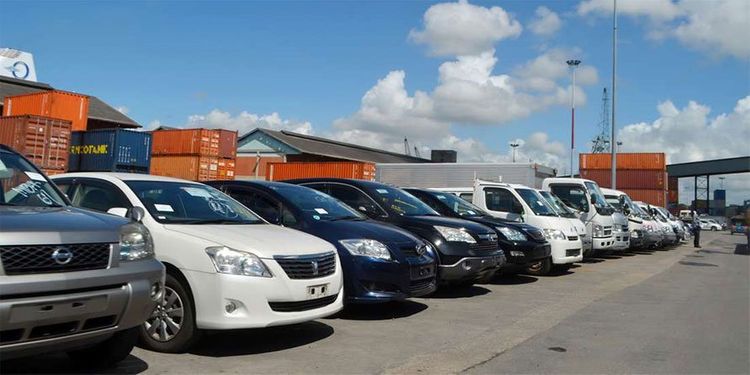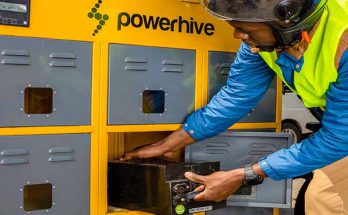
IBC Japan Ltd, a Japanese vehicle exporter, is looking to expand its exports and business in Kenya by taking use of the government’s Special Economic Zones (SEZs).
SEZs are being used by the government to increase Foreign Direct Investment (FDI) in the post-Covid-19 economic recovery.
The Kyoto-based corporation has formed a cooperation with Ziara SEZ Limited, a Nairobi-based local enterprise, to establish a used automobile base in Nairobi, which is intended to bring units closer to purchasers.
IBC Japan is a global leader in the car export sector, focusing in the development and implementation of vehicle procurement, export management, and customer service technologies, with important markets including Japan, Singapore, the United Kingdom, and Thailand.
It has been shipping automobiles to Kenya via online orders for the last 25 years, with an average monthly shipment of 300 units, primarily ex-Japan.
Based on seasonality and buying power, Kenya imports an average of 4,000 to 7,000 units of used automobiles each month, a market the company wants to enter to boost its share.
According to Jojo Hemi, President and CEO of IBC Japan, the agreement would provide the firm a physical presence in Kenya, allowing it to expand its activities there.
Nairobi will also serve as a centre for tapping regional markets in Ethiopia, Uganda, South Sudan, the Democratic Republic of the Congo, Rwanda, and portions of Tanzania.
“We see the market to be large, with the expanding middle class, particularly in Kenya, driving demand,” Hemi said in a Nairobi interview.
IBC will act as a sourcing and exporting agency for the collaboration, while Ziara SEZ Limited will supply trade space in Nairobi.
The government has been eager to recruit investors to SEZs, which have specific rules that allow a variety of operations such as storage, export, and re-export.
SEZs include free trade zones, industrial parks, free ports, ICT parks, agricultural zones, tourism and recreational zones, business service parks, and livestock zones.
SEZs offer excellent infrastructure, adequate storage, government assistance, and a variety of tax breaks to entice investors.
They are regarded to be outside of Kenya’s customs territory, and hence operate in a jurisdiction that shields them from taxes and other regulatory bureaucracy.
Tax breaks include partial exemptions from excise duty, income tax, customs duty, and value-added tax on all special economic activities conducted by licenced SEZs firms, developers, and operators located within the zones.



